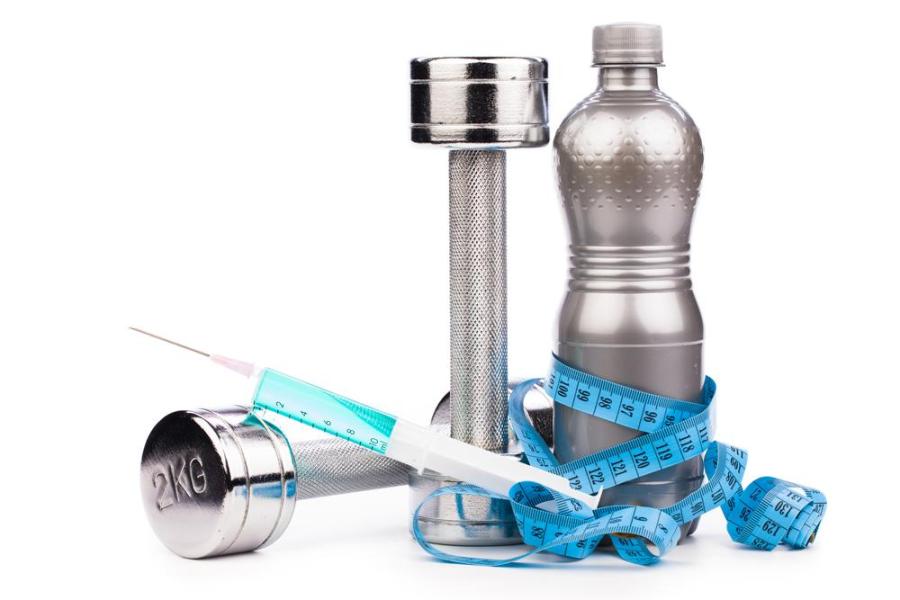
Testosterone Replacement Therapy
A promising treatment for TD is testosterone replacement therapy (TRT). Testosterone is one of the most common medications in the United States. TRT can be administered in multiple ways, but injection is most common. Oral pills are available, but they are not a preferred method of treatment since they are not very potent and can cause liver damage. Alternative oral medications include tablets that can be applied to the gums or beneath the tongue. Transdermal patches that can be applied to the skin are another option. However, they are not as popular due to the numerous side effects and body hair upkeep required. The most cost-effective and most used treatment is intramuscular injection. Both long and short acting injections are available. Relatively recently, subcutaneous testosterone pellets have also been approved. These are the longest acting TRT. However, the most commonly used formulation is transdermal testosterone preparations such as adhesive skin patches, topical gels or topical solutions. These therapies are applied regularly and have a quick response rate. As described above, TRT has several benefits including improving sex drive, erectile dysfunction, overall sexual dysfunction, energy level, mood, bone density, decrease body fat and increase muscle mass.
Review of the dangers of TRT
Just like too little testosterone can have deleterious effects on the body, so can too much testosterone. Since the 1940s, it has been well known that low testosterone levels can improve the outcome of patients with prostate cancer. This effect implies that TRT could increase the risk for developing prostate cancer. Indeed, treatment of hypogonadal men with transdermal testosterone over 6 years revealed that treatment increases prostate-specific antigen, a marker of prostate cancer (Raynaud, Gardette, Rollet, & Legros, 2013). However, there has not been any definitive evidence that TRT increases prostate cancer. A retrospective study comparing 150,000 men with prostate cancer that either did or did not receive TRT prior to their diagnosis found no significant difference in disease-related survival or overall survival. In fact treated men, were more likely to develop moderate cancer and less likely to develop more severe forms (Kaplan & Hu, 2013). Another study found that the incidence of prostate cancer was lower for those that had received TRT than the incidence among the general population (Traish, Haider, Doros, & Saad, 2013).
There is also evidence that TRT can have deleterious effects on sleep. One study found that TRT had mildly worsened sleep apnea (Hoyos, Killick, Yee, Grunstein, & Liu, 2012). However, other clinical studies have found that men with sleep apnea have lower levels of testosterone, suggesting that TRT would improve symptoms (Bercea, Patacchioli, Ghiciuc, Cojocaru, & Mihaescu, 2013). More studies are needed to definitively determine the effect of TRT on sleep apnea.
A clear side effect of TRT is erythrocytosis, a condition in which there is an increase in the proportion of the blood that is made up of red blood cells. However, it is not really known why TRT does this or how erythrocytosis effects the health of the afflicted men. Like the other potential side effects of TRT, there is a need for more research on the mechanism behind the disease as well as the long-term effects and course of the disease of erythrocytosis from TRT.
Conclusion
In summary, testosterone is the male sex steroid hormone released primarily from the gonads. Due to the natural decline in testosterone with age and the number of medical conditions associated with testosterone deficiency, it has also become one of the most common medications in the United States. Low testosterone levels are associated with multiple disorders including metabolic syndrome, cardiovascular disease, obesity and even death. Many of these diseases can be managed by various formulations of testosterone replacement therapies. Although few side effects have been clearly identified for TRT, more research is needed to truly understand the effects of treatment on male health.




